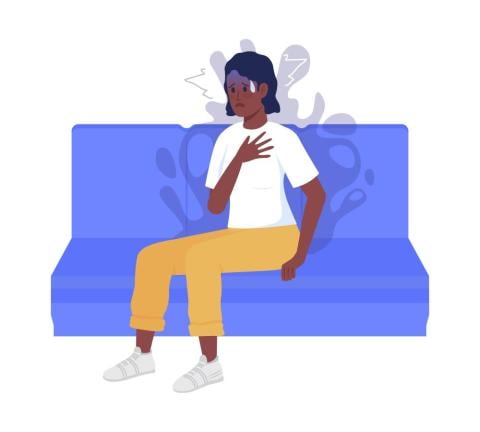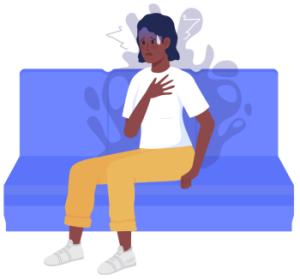Pregnancy and the birth of a child is a exciting and celebratory time for many families. However, for approximately 20-25% of these women and their families this can be a very difficult time - especially if the mother is experiencing a Perinatal Mood or Anxiety Disorder. Also know as PMADs, these disorders are the #1 complication of pregnancy and childbirth. Perinatal Mood Anxiety Disorders can have profound adverse effects on the women, children, and their family’s mental, physical and emotional health. Women of every culture, age, income level, and race can develop PMADs. Symptoms can appear any time during pregnancy and the first 12 months after childbirth. There are effective and well-researched treatment options to help you recover.
Symptoms can appear anytime during the two-year span from conception through baby’s first birthday. Onset of symptoms may be gradual or sudden. Perinatal mood and anxiety disorders are caused by changes in biology, physiology, environment, and expectations.
According to PostPartum Support International the following symptoms as well as others could indicate that you have a form of perinatal mood or anxiety disorder (such as postpartum depression).
- Are you feeling sad or depressed?1
- Do you feel more irritable or angry with those around you?
- Are you having difficulty bonding with your baby?
- Do you feel anxious or panicky?
- Are you having problems with eating or sleeping?
- Are you having upsetting thoughts that you can’t get out of your mind?
- Do you feel as if you are “out of control” or “going crazy”?
- Do you feel like you never should have become a mother?
- Are you worried that you might hurt your baby or yourself?
While many women experience some mild mood changes during or after the birth of a child, 15 to 20% of women experience more significant symptoms of depression or anxiety. Please know that with informed care you can prevent a worsening of these symptoms and can fully recover. There is no reason to continue to suffer.
ADAA Resources
- What you Need to Know About Breastfeeding and Parent Mental Health - Blog post by ADAA member Lauren Thompson, MHS
- The Wisdom of Cognitive-Behavioral Therapy (CBT): A Perfect Gift for New Moms - Blog post by ADAA member Deborah Roth Ledley, PhD
- Treating Perinatal Mood Disorders Using Behavioral Activation Psychotherapy, ADAA professional blog post
- Using Behavioral Activation Treatment to Treat Perinatal Mood Disorders, ADAA professional webinar
- Fatherhood: Meeting the Challenge of Becoming a New Dad, ADAA professional webinar
Additional Resources
Trending Articles
- Managing My Perinatal Anxiety While Pregnant with Twins During the COVID-19 Pandemic, WhatToExpect.com
- Pregnant and Depressed, The Atlantic.com
- 'I Didn't Know About Prenatal Depression Until I Got It', Women'sHealth.com
- 6 Things You Need to Know About Perinatal Mood Disorders, SheKnows.com
- Perinatal Mood and Anxiety Disorders, MD Magazine
- How to Help Women with Perinatal Mood and Anxiety Disorders, PsychologyToday.com
















